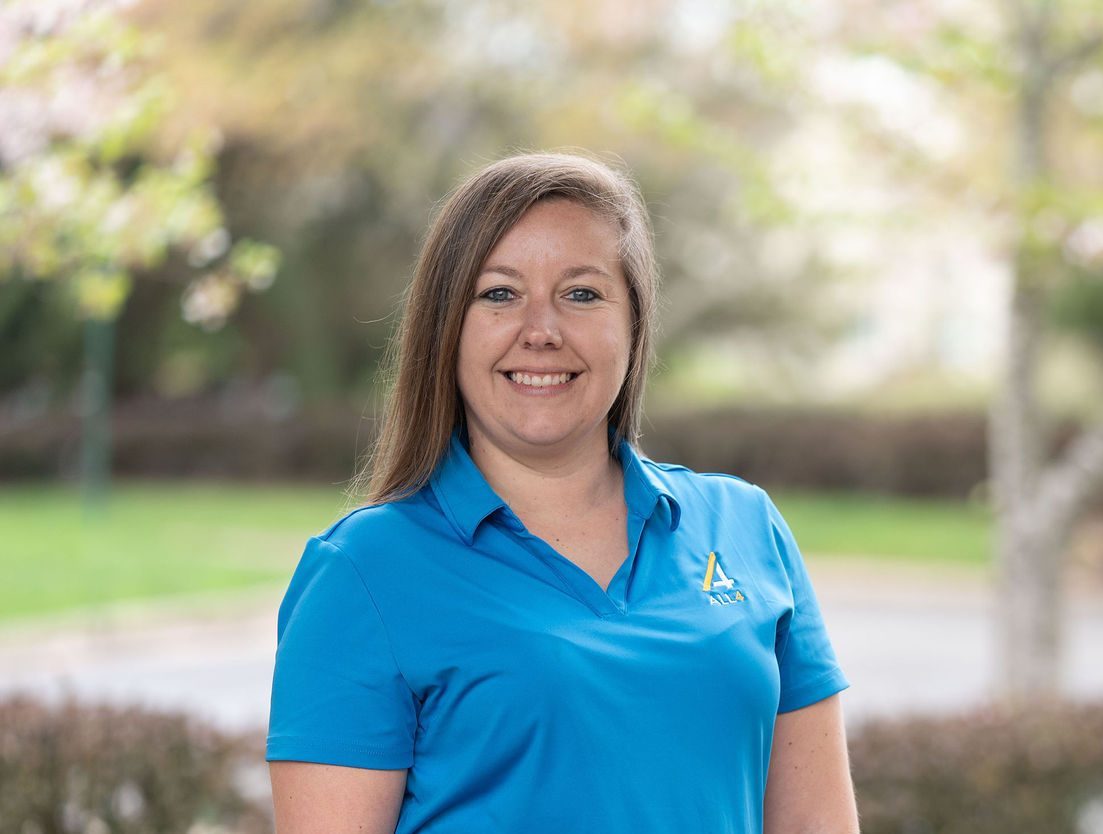Carolinas Air Quality Updates
Posted: November 7th, 2022
Authors: Claire C.
The Carolinas Air Pollution Control Association (CAPCA) hosted the Fall Technical Workshop and Forum on October 12-14, 2022, in Myrtle Beach, South Carolina. The technical sessions included air program updates from the United States Environmental Protection Agency (U.S. EPA) Region IV, the South Carolina Department of Health and Environmental Control (SC DHEC), and the North Carolina Department of Environmental Quality (NC DEQ). Daniel Blackman, the Regional Administrator of the U.S. EPA Region IV, provided the Keynote Address. Session topics also included tools for compliance, Environmental, Social, and Governance (ESG), review of the National Ambient Air Quality Standards (NAAQS), and a legal session focused on federal enforcement actions. Technical session highlights are summarized below.
NAAQS Review
The federal and state agency presentations all covered the hot topic of the expected lowering of the Particulate Matter less than 2.5 micrometers in aerodynamic diameter (PM2.5) NAAQS. Environmental professionals are keeping a close eye on the release of the proposed rule that is anticipated at the end of 2022. It is currently unknown where the standard will be set, but the Clean Air Scientific Advisory Committee (CASAC) recommendations are as follows:
- Annual Standard currently at 12 ug/m3
- Majority Report: 8-10 ug/m3
- Minority Report: 10-11 ug/m3
- Daily Standard currently at 35 ug/m3
- Majority Report: 25-30 ug/m3
- Minority Report: maintain current standard
The U.S. EPA Administrator will consider the recommendations from the CASAC and U.S. EPA Staff on where to set the standard. A public comment period will follow the proposed rule and U.S. EPA’s current goal is to issue the final rule in Spring of 2023. The states will have one year after the effective date of the new NAAQS to make attainment designation recommendations and the U.S. EPA will have two years after the effective date of the new NAAQS to set the final designations. A new NAAQS must be considered on the effective date of the rule for permit applications still being processed. In areas that attain the NAAQS, it will become more difficult to model compliance with the PM2.5 NAAQS because the background will be closer to the standard. For nonattainment areas, states will establish Reasonable Available Control Technology (RACT) rules and major permitting will require emissions offsets and application of the Lowest Achievable Emission Rate (LAER). Facilities can plan ahead by performing air dispersion modeling analyses to understand the impact of a reduced NAAQS, reviewing PM emissions reduction projects, and evaluating emissions factors refinements.
SC DHEC Update
SC DHEC is proposing to amend the definition of insignificant activity within the Title V Operating Permit Program located in SC Regulation 61-62.70.5(c), to change the Toxic Air Pollutant threshold from less than 1,000 pounds per month to less than 1,000 pounds per year. This change impacts the definition of insignificant activity as it relates to obtaining a Title V permit; however, the construction permit exemption criteria is not changing. The change is expected to take effect in December 2022. As a reminder, sources that meet this exemption threshold still are required to evaluate how the change impacts compliance with SC Regulation 61-62.5, Standard No. 8 Toxic Air Pollutants.
SC DHEC sent a proposed rule and fact sheet to 186 affected facilities impacted by the Risk Management Plan (RMP) proposed rule changes. The public comment period ended on October 31, 2022, and the estimated date of issuance of the final rule is in third quarter 2023.
NC DEQ Update
NC DEQ provided rule development updates on the potential for NC to join the Regional Greenhouse Gas Initiative (RGGI), synthetic minor noticing procedures and permit fees, and electronic submittal of documents. NC DEQ is currently developing a fiscal analysis and EJ report for RGGI, which will be followed by a public hearing and then final action by the Environmental Management Commission (EMC). NC DEQ is in the process of getting clarification on the details from the U.S. EPA to move forward with the synthetic minor noticing procedure changes and the stakeholder process for evaluating the synthetic minor permit fees is expected to be executed in late 2022 or early 2023. Finally, NC DEQ is working toward a rule change that would allow paper submittals to be submitted electronically.
Closing
The session entitled “Permitting Basics: Part 1 – Before the Application” was introduced as the first part of a three-part series that will continue at two future CAPCA meetings. We look forward to the presentations that will follow in 2023!
The CAPCA meeting is a great opportunity to network and hear the latest air regulatory updates. If you have questions regarding air permitting and compliance in North or South Carolina or the topics mentioned here, please reach out to Claire Corta at ccorta@all4inc.com or 919-578-4195.

